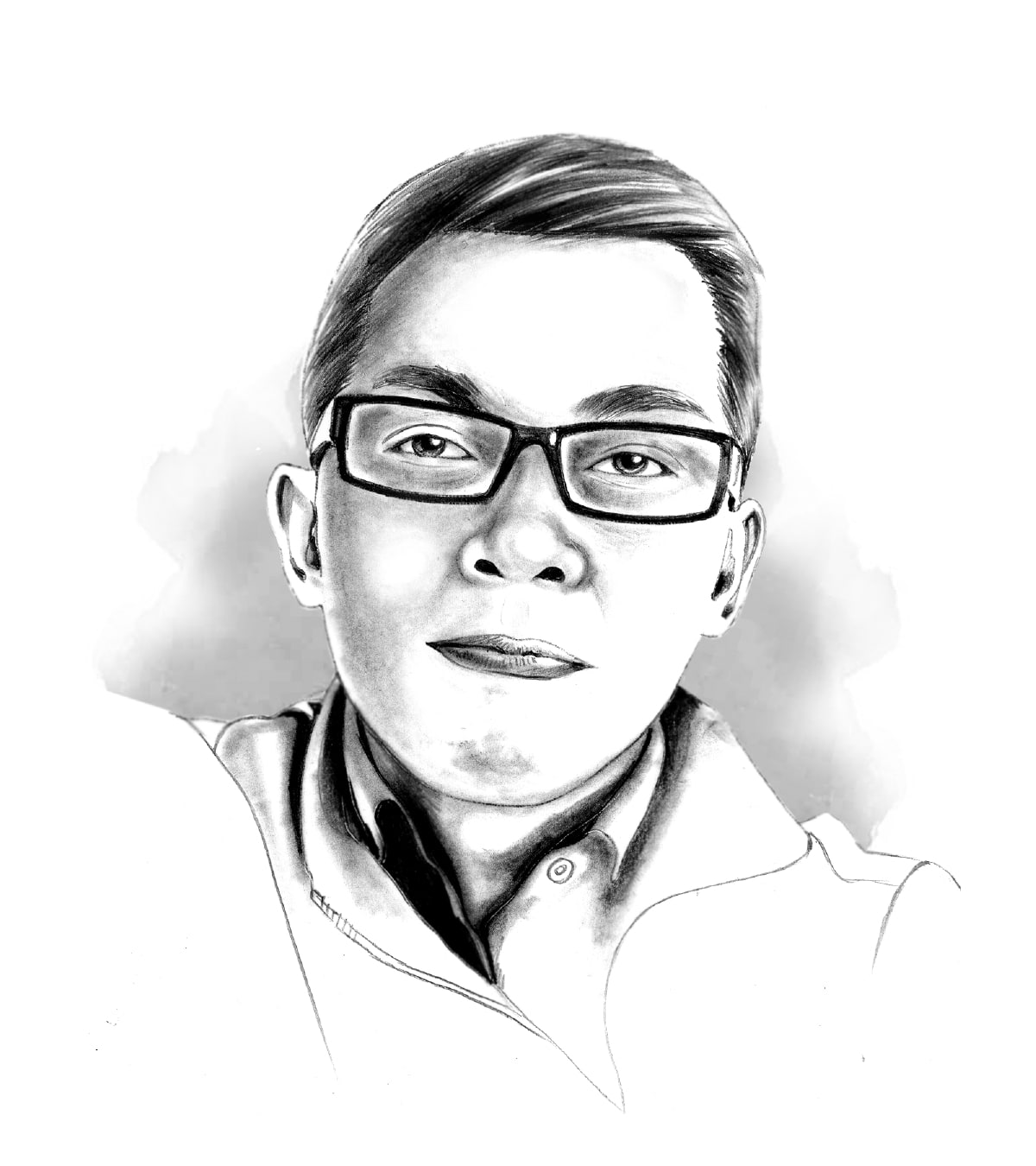HOTSPOT

This week, Philippine labor leaders were seen not in the streets or picket lines.
They were in fact in the U.S. to, among others, receive an award from the American Federation of Labor-Congress of Industrial Organizations (AFL-CIO).
In bestowing the George Meany–Lane Kirkland Human Rights Award, the AFL-CIO said it “recognizes the Philippine labor movement for its dedication and courage. We are committed to supporting our Filipino partners toward and beyond the day when workers and their unions in the Philippines can exercise their rights free of threats and intimidation.”
Personally accepting the award were Federation of Free Workers president Sonny Matula, Kilusang Mayo Uno chair Elmer Labog, Alliance of Concerned Teachers secretary-general Raymond Basilio, BPO Industry Employees Network president Mylene Cabalona, Trade Union Congress of the Philippines president and partylist representative Raymond Democrito Mendoza, Sentro secretary-general Joshua Mata, and PSLink president Annie Geron.
Named after the first two AFL-CIO presidents, the award is given annually “in recognition of dedication to and effectiveness in highlighting the widespread denial of fundamental human rights at work and in society,” according to the AFL-CIO website.
The Philippine labor delegation also had meetings with officials of the State and Labor Departments, and at the U.S. Senate and U.S. House of Representatives.
Our labor leaders also met with Jake Sullivan, a National Security Adviser to President Biden, at the White House.
Per a readout posted on the White House website, Sullivan discussed with our labor leaders “President Biden’s recent Presidential Memorandum to advance workers’ rights globally and the importance of freedom of association and collective bargaining in promoting sustainable economic growth and strong democratic societies.”
“Sullivan reiterated the Biden Administration’s commitment to support the efforts of workers in the United States and abroad to form unions, and condemned all forms of harassment, intimidation, and violence against workers and advocates for exercising their fundamental rights,” the readout said.
The honors and high-level meetings with U.S. officials give a marked contrast to how Philippine labor leaders and organizations are ignored or, worse, considered as “headaches” or “enemies of the state” here at home.
This is precisely why the AFL-CIO executive council stated in its July 2023 announcement of the award: “The Philippines is ranked among the world’s deadliest countries for worker organizers. It has become common in the Philippines for the military and the government to target unions and workers with the use of ‘red tagging’—the act of falsely labeling activists and organizers as insurgents and enemies of the state, which allows for the aggressive surveillance, mistreatment, torture, imprisonment and even killings of workers. Since 2016, there have been over 40 extrajudicial killings of trade unionists and dozens more are continuously harassed and criminalized for their work.”
The award is apparently an expression of AFL-CIO’s solidarity with Filipino unionists: “In the face of threats to their own lives, our union brothers, sisters and siblings in the Philippines continue to garner global support for their campaign of resistance.”
Back in Manila, two events that should also inspire us.
On Nov. 30, the Bantayog ng mga Bayani Foundation added six names to its memorial wall of remembrance: Jesus Antonio Carpio, Luis General Jr., Melecio Marimon, Emerito Rodriguez, Manuel “Buyog” Sampiano and Isagani Serrano.
Former Vice President Leni Robredo graced and spoke at the annual event which honors “martyrs and heroes in the people’s resistance to dictatorship 1965-1986”.
On Dec. 4, the Supreme Court opened its Human Rights Week celebration with Senior Associate Justice Marvic Leonen and his staff seen wearing keffiyeh scarves closely identified with the Palestinian people.
The keffiyeh came to prominence as a symbol of the Palestinian cause, when their national liberation leader and later Nobel Peace Prize laureate Yasser Arafat began wearing it in his unique way: with a portion of the keffiyen draped on his right shoulder to show the triangular shape of Palestinian territory.
The court also opened an exhibit titled “Dignity, Freedom, Justice for All: State of Occupied Palestinian Territories,” featuring screenings of three films explaining the cause of the embattled Palestinian people.
The films being screened at the exhibit, which runs from Dec. 11-16 are: “The Israel-Palestine Conflict: a Brief, Simple History,” “Civil Rights for Palestinians”; and “How the Israeli-Palestinian Conflict Began.”
The gesture of the Supreme Court would surely not be left unnoticed by Filipino-Palestinian refugees now temporarily staying in the University of the Philippines, the Palestinian people, and the many people here and abroad who sympathize and support them.